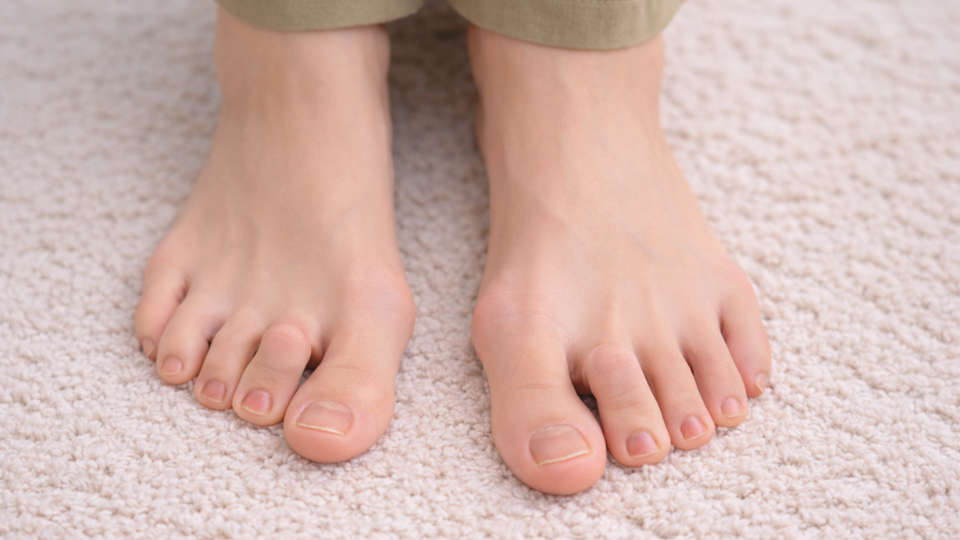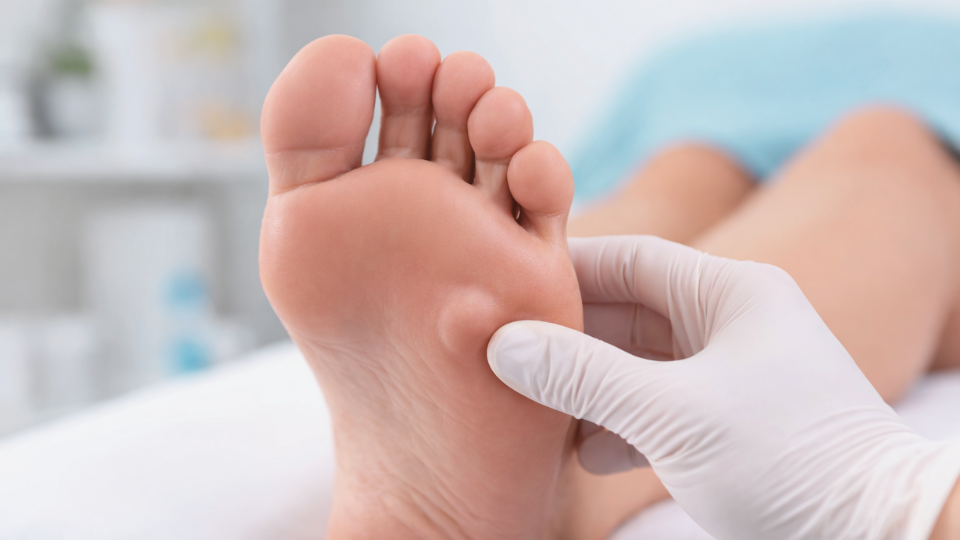Hammer Toes 101: What They Look Like, What Causes Them, and the Most Effective Treatment Options
Learn what hammer toes look like, what causes them, and the most effective treatment options, from early care to surgery, at FAS The Woodlands.

Wondering how to relieve foot pain while pregnant? Discover safe, effective tips, from footwear and stretching to orthotics and elevation, recommended by podiatrists at FAS The Woodlands.
Pregnancy is a beautiful journey but it’s also one that puts your body through significant physical changes. One of the most common (and frustrating) symptoms many expectant mothers experience is foot pain. From sore arches to swollen ankles, these discomforts can interfere with daily activities and overall quality of life.
Wondering how to relieve foot pain while pregnant? The good news is, there are easy, safe ways to ease the pain. At Foot & Ankle Specialists (FAS) The Woodlands, we understand the unique challenges pregnancy places on your feet, and we’re here to help you feel more supported every step of the way.
There are a few key reasons foot pain tends to become more common during pregnancy:
Supportive footwear is essential. Look for shoes with:
Avoid flip-flops, flats, or unsupportive sneakers. If your current shoes feel too tight due to swelling, size up or consider adjustable straps. Choosing the right shoes during pregnancy can make a big difference in how your feet feel. For expert guidance on what to look for, check out our blog on the best shoes for foot pain and how to choose the right footwear for comfort and support.

Maintaining flexibility and circulation can reduce tension in the feet and ankles. Here are a few gentle stretches that are safe during pregnancy:
To reduce swelling, take breaks throughout the day to elevate your feet. This encourages fluid drainage and reduces pressure. Try resting on your left side while sleeping or using a footrest under your desk during the day.
If your feet feel swollen or warm, apply a cold compress for 10–15 minutes at a time. Never place ice directly on your skin, use a towel or cloth for protection.
You can also soak your feet in cool water with Epsom salts (unless advised otherwise by your OB-GYN). This can help soothe sore muscles and reduce inflammation.
Mild compression socks can help improve circulation, reduce swelling, and offer gentle support to your arches and ankles. Be sure to select maternity-safe compression levels (15–20 mmHg is a common starting point) and always consult your healthcare provider before using them.
If you’re experiencing flat feet or arch pain during pregnancy, orthotic inserts can offer much-needed support. Whether you opt for over-the-counter options or custom-made insoles, these inserts help cushion your feet, support your arches, and distribute weight more evenly as your body changes. Want to know which type is right for you? Explore the pros and cons in our blog Custom Orthotics vs. Over-the-Counter Insoles: Which Is Right for You?
Light walking, swimming, or prenatal yoga can help promote circulation and prevent stiffness. However, be mindful of overexertion, especially if your feet start to ache. Break up activity with periods of rest and listen to your body’s signals.
While most pregnancy-related foot pain is normal, there are times when you should consult a podiatrist:
If you're unsure whether your symptoms are normal, it’s always best to check in with a professional.
Understanding how to relieve foot pain while pregnant can make a big difference in how you feel throughout each trimester. At Foot and Ankle Specialists (FAS) The Woodlands, we offer supportive, pregnancy-safe solutions, whether you need custom orthotics, swelling relief, or expert advice on proper footwear.
Request your appointment with us today and let our experienced team help you through every stage of pregnancy.

Learn what hammer toes look like, what causes them, and the most effective treatment options, from early care to surgery, at FAS The Woodlands.

Learn the common causes of a bump on the bottom of your foot, including nodules and hard lumps, plus symptoms to watch for and when to see a podiatrist at FAS The Woodlands.